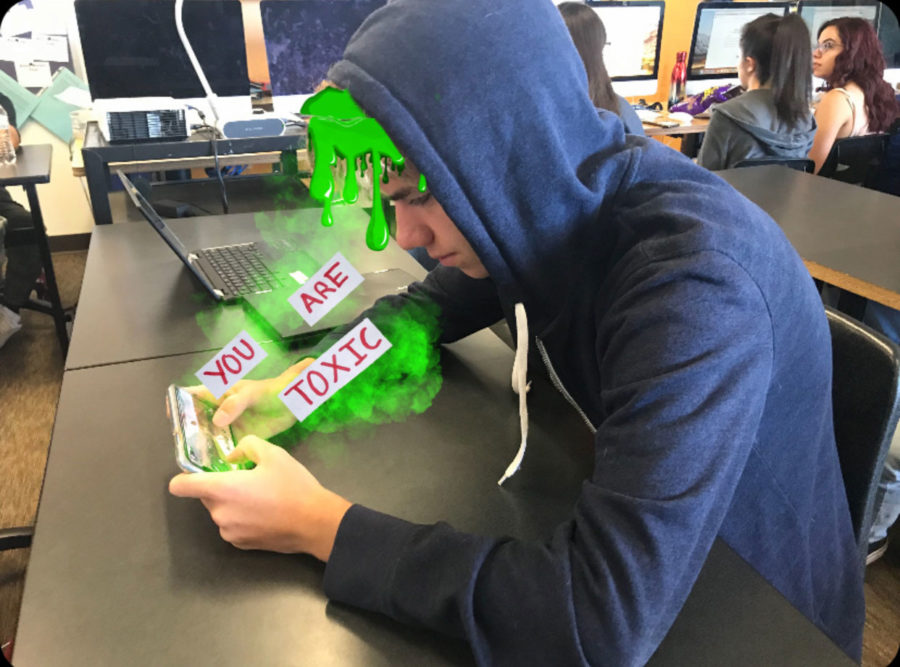Toxicity Poisons Online Gaming
October 3, 2019
When it comes to video games, toxicity is a huge part of the gaming community. This is especially true in certain video games that have game chat available, and when there is a competitive element to the game. How can this affect players with mental health issues?
Whenever a person is being exceptionally rude or vile while playing games with others, it can easily ruin the fun of those trying to enjoy the game. Most instances of toxicity or rage are usually in online competitive games such as Rainbow Six Siege, Call of Duty, Counter Strike, and many more games that require either planned and tactical thinking, or twitch-reaction times to overcome competitors.
According to Medical News Today, for children who have issues with depression, anxiety, and social phobia, video game toxicity can increase mental health problems.
Typically, more experienced and veteran players will use more harsh words for their teammates and competitors, often attacking newer players for their lack of skill, which can further push the negative effects of someone who may have a mental disorder.
Many believe the newest Call Of Duty, Black Ops 4 has the most toxic community yet this year. Instances of crude behavior typically come from younger players, whose threats can be taken less seriously, but are annoying nonetheless. Common phrases used, whenever players feel they are losing at the game, are, “You’re so gay” and “You’re shit at this game,” etc.
These experiences spread into other games as well, with the same sort of foul language coming from children not yet in the double digits of age. Beau Herndon, a sophomore, who was playing Fortnite with two random kids, said, “I am pretty sure that the kids I was playing with were either 9- or 10-year olds, saying ‘bitch’ and “f— you’ to each other.”
Olivia Abeyta, a junior, has had experience with toxic players being sexist. “I’ll be immediately kicked from lobbies or get randomly insulted,” she said, “so I usually don’t talk at all.”
When it comes to toxic players, many don’t realize their behavior is toxic and that it can affect people outside the gaming world, especially those with mental health issues who may be more vulnerable to insults and ridicule.
However, Blizzard Entertainment director has stated, “The number of toxic players in Overwatch’s competitive mode is on the decline from the effort of Blizzard and players.”


